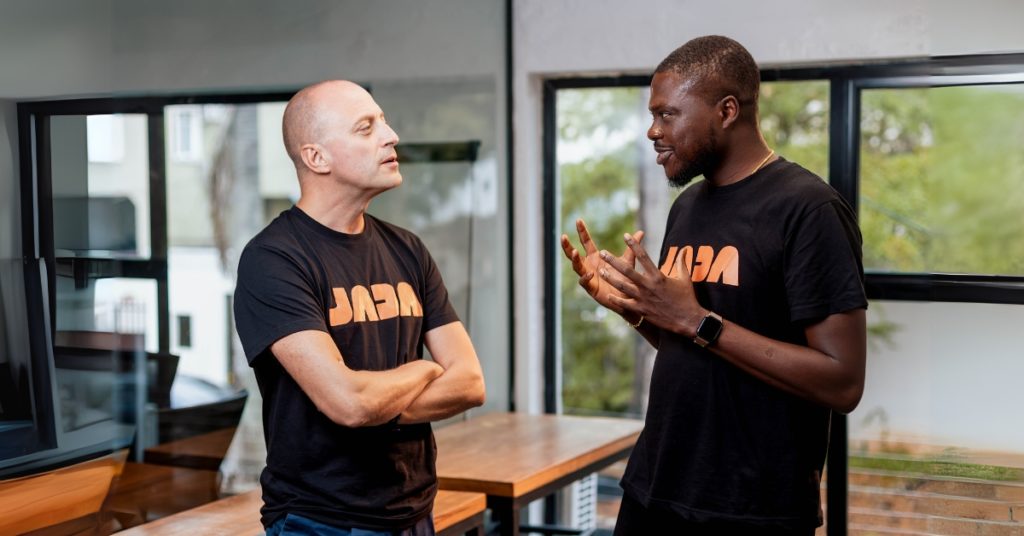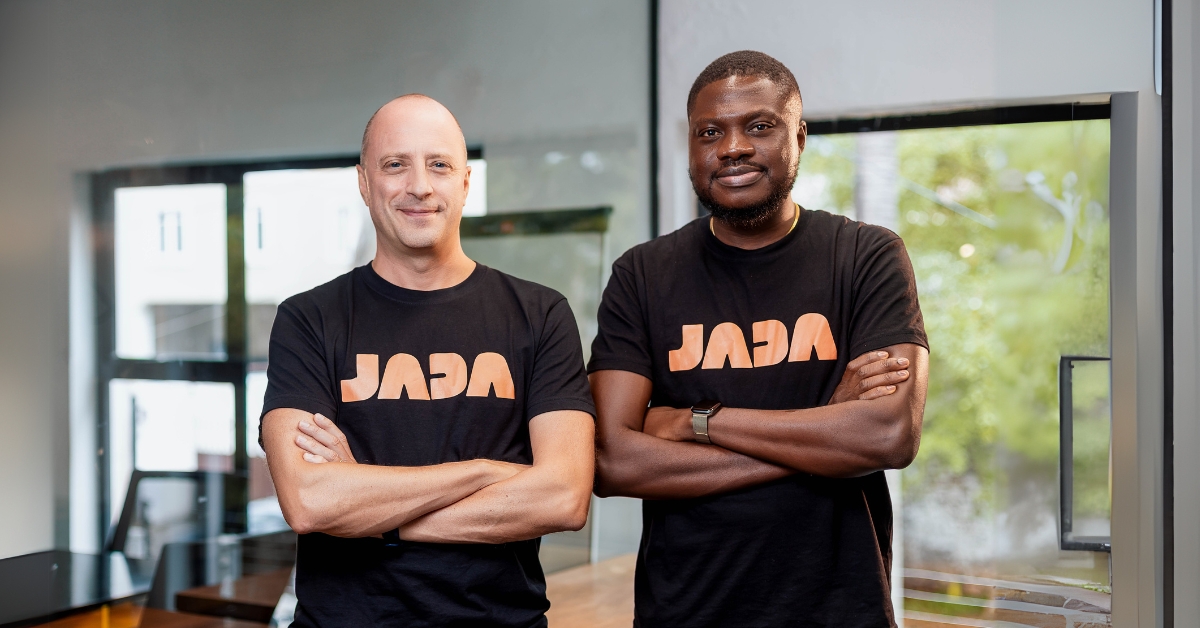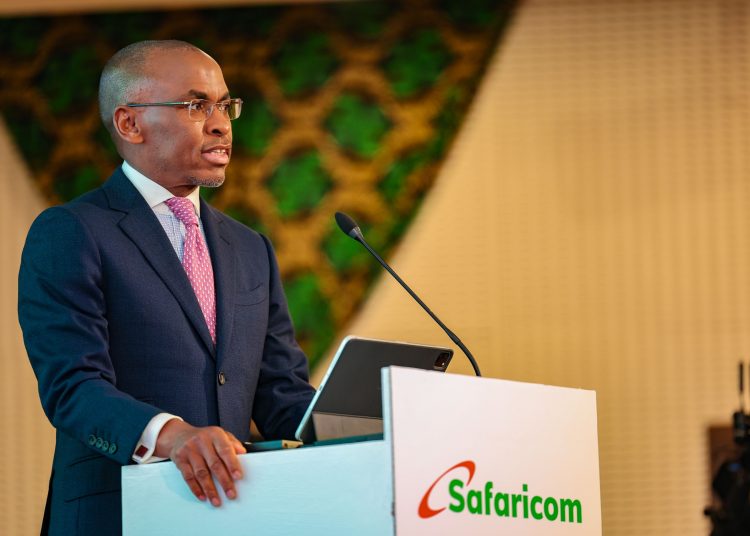AI talents are in global demand. Yet, Africa has not fully capitalised on its potential to produce such AI professionals. Despite its youthful population, the continent is often relegated to low-level AI tasks like data annotation and labeling.
JADA, a data & analytics talent hub focused on staff augmentation founded in 2024 by Massimiliano Spalazzi, former Jumia Nigeria CEO and Olumide Soyombo, wants to change that narrative. The startup has raised $1 million from Soyombo, co-founder of Bluechip Technologies and Voltron Capital, Spalazzi, and other investors.
“We are betting big on an AI workforce out of Africa—one that can build for the world, starting here,” says Soyombo, a founding partner at JADA.
JADA’s pitch to clients is twofold: they can access a wider pool of talent in regions they might not typically recruit from without the liability of labor laws.
The startup will select and train data professionals with at least two years of experience in data and analytics, machine learning and AI, or generative AI.
JADA enters the market at a time of global AI talent shortages. According to Google’s Data & AI Trend Report 2024, 54% of digital leaders face a skills shortage in these areas.
JADA, led by Piero Trivellato (CEO) and Azeez Busari (VP of Operations), aims to train over 100 professionals annually in different cohorts, each undergoing a 4-month training. During the program, trainees will receive stipends—although the firm declined to share the exact figure.

“We are building an academy that is designed to select and develop world-class talent,” said Trivellato, who brings over 10 years of experience in C-suite data & AI roles and management consulting at McKinsey & Co. “Our goal is to fill the data & AI talent gap by identifying and upskilling professionals who can be the right arm for businesses pursuing data and AI transformation,” said Busari.
The startup, which operates from Lagos and has begun selecting its first cohort, claims that commercial considerations drove its decision to prioritize experienced data analysts and scientists.
“Most clients complain that inexperienced candidates lack the skills to get the work done. But the way to scale is to find people who can deliver projects that generate significant cash flow that you can then invest back into a pipeline,” said Soyombo.
To select candidates for each cohort, JADA follows an ultra-selective screening process using an AI-backed algorithm. Candidates are initially screened based on their profiles, followed by technical and non-technical assessments. The most promising candidates are invited to participate in case studies and live presentations. Finally, successful candidates undergo a culture-fit interview and a comprehensive background check.
JADA’s revenue model is based on commissioned projects from clients and will primarily serve businesses in Europe and the Middle East. The company will compete with software outsourcing companies globally, especially those focusing on AI and data talents.
“We have a cost advantage, we have a language advantage, we have a geographical advantage, and we have a talent advantage,” said Spalazzi.
The company is currently taking cohorts from Nigeria but plans to expand to fit the needs of its clients. “Our geographical expansion will also follow the footprint of the clients. We will make sure that we get to the language that they ask for,” said Trivellato.















